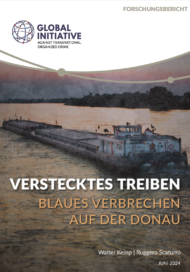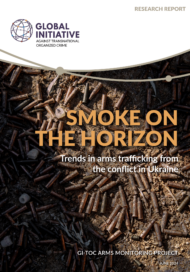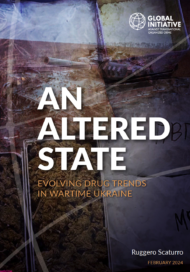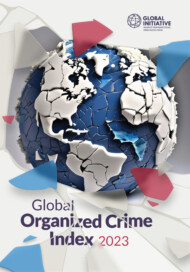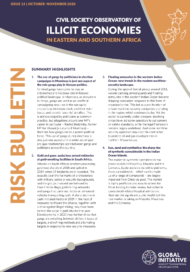Posted on 27 Jun 2024
The Danube River, Europe’s second longest, flows through ten countries from the Black Forest in Germany to the Black Sea. Historically a central artery for trade and cultural exchange across Mitteleuropa, the Danube’s strategic importance surged following Russia’s full-scale invasion of Ukraine in February 2022.
Ports along the Danube in Romania, Moldova, and Ukraine have become critical for the trans-shipment of essential exports such as grain and fertilizers, underscoring the river’s newfound relevance in global trade.
This dramatic increase in trade has spurred substantial investments in port infrastructure, including cranes, warehouses, and other facilities, aimed at supporting the heightened flow of goods. However, this growth also brings challenges. Without parallel improvements in security, the risk of illicit activities increases. Organized crime, which has historically shown limited activity along the Danube, might find new opportunities in the expanded and less regulated trade environment. Despite the river’s vulnerability, there has been little focus from policymakers or researchers on addressing these security concerns.
This study, commissioned by the United Kingdom, investigates the Danube’s susceptibility to trafficking and organized crime. Key findings reveal a significant gap in law enforcement cooperation among the riparian states. The lack of data on seizures and minimal evidence of trafficking highlight potential security vulnerabilities rather than confirming a low-risk scenario. This gap suggests that while illicit activity may be underreported, it is not necessarily absent.
The increased strategic importance of Danube ports—especially those in Romania, Moldova, and Ukraine—amid the war in Ukraine poses both opportunities and risks. Enhanced law enforcement cooperation, improved information sharing, and targeted capacity-building are critical recommendations to mitigate these risks. The report also underscores the need for engaging various stakeholders, including the private sector, municipalities, and civil society, to address vulnerabilities effectively.


